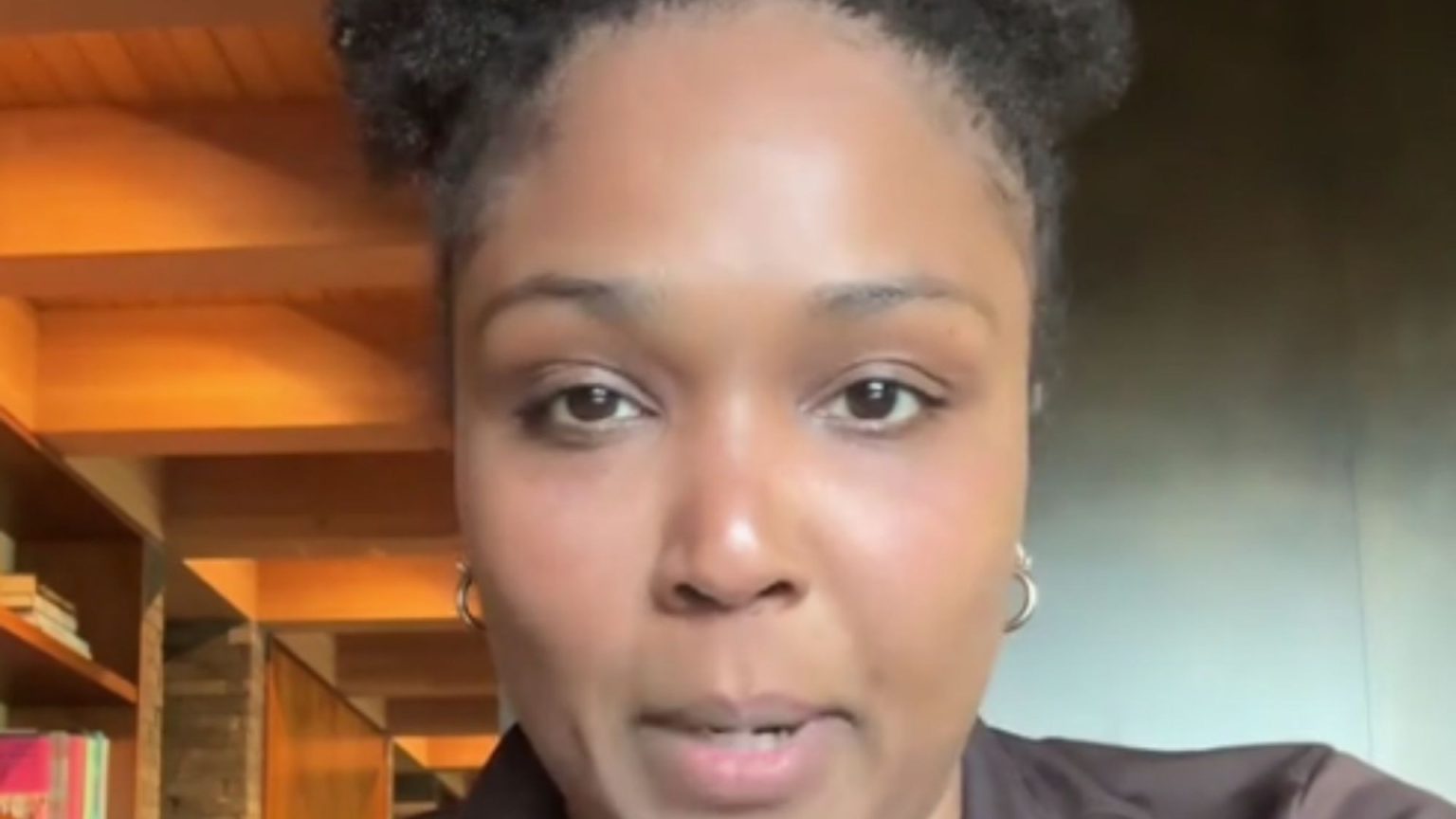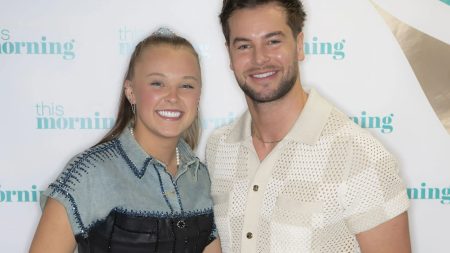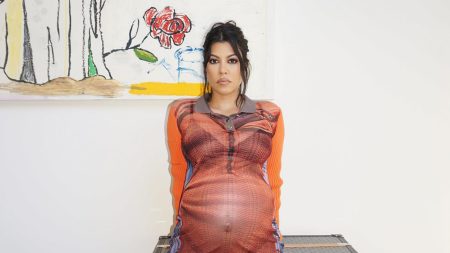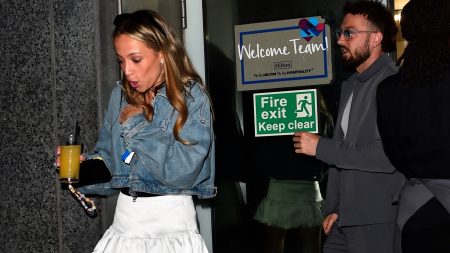The impending TikTok ban in the United States sent ripples of anxiety and frustration through the online community, particularly among prominent figures who had cultivated substantial followings on the platform. Celebrities and influencers took to TikTok to express their disappointment, fears, and even defiance in the face of the government’s decision, which cited national security concerns related to the app’s Chinese ownership. Kourtney Kardashian, for instance, shared a compilation of her TikTok highlights, bidding a poignant farewell to the platform and its community. Music sensation Lizzo adopted a more defiant stance, accusing the government of employing fear tactics and expressing optimism that the app might be salvaged. Her post reflected a broader sentiment among some users that the ban was a distraction from more pressing national issues.
The looming ban, anticipated to take effect within days, left many content creators grappling with the potential loss of income, community, and creative outlet. Emily Senn, a cruise ship singer who turned to TikTok after losing her job during the pandemic, tearfully expressed her distrust in the government for jeopardizing the livelihoods of millions of creators. Her sentiment resonated with countless others who rely on the platform for income and engagement. The uncertainty surrounding TikTok’s future in the US fostered a sense of precarity and vulnerability among its user base, highlighting the platform’s significant role in the digital landscape. The ban also sparked a debate about the balance between national security concerns and freedom of expression, with some arguing that the government’s actions were disproportionate and infringed upon fundamental rights.
The legal battle surrounding TikTok intensified as a court upheld the ban, effectively barring tech giants like Apple and Google from hosting the app on their US app stores. While acknowledging TikTok’s importance as a creative outlet and community platform for millions of Americans, the court’s decision affirmed the government’s authority to address perceived national security risks posed by the app’s data collection practices and its connection to China. This legal development further exacerbated concerns about the future of online platforms and the government’s role in regulating digital spaces. The ban also raised questions about the potential for similar actions against other foreign-owned tech companies operating in the US.
The TikTok community, meanwhile, remained divided on the ban’s implications. Some users, like Madilynn Cameron, urged calm and expressed hope that presidential intervention might reverse the decision. Others, however, viewed the ban as a symptom of deeper societal problems. Kelsey Pumel, a social media star, criticized the government’s priorities, arguing that the focus on TikTok diverted attention from critical issues such as gun violence, healthcare, and homelessness. Her sentiments were echoed by podcaster Alex Pearlman, who expressed outrage at the government’s perceived inability to address pressing social concerns while swiftly enacting a ban on a popular social media platform.
The contrasting reactions to the TikTok ban underscore the diverse ways in which individuals and communities engage with and rely on digital platforms. For some, TikTok represents a source of income, creative expression, and community connection. For others, it is a symbol of broader societal anxieties related to national security, government overreach, and the prioritization of perceived threats. The ban also highlights the complex interplay between technology, politics, and individual freedoms in the 21st century. As the legal and political battles surrounding TikTok continue, the future of the platform and its impact on the digital landscape remain uncertain.
The pre-ban TikTok posts from celebrities and influencers offer a glimpse into the emotional and practical implications of the government’s decision. While some expressed sadness and farewell, others utilized the platform to voice their dissent and critique the government’s actions. These public displays of frustration and defiance reflect the broader anxieties surrounding the ban, which has been perceived by some as an infringement on freedom of expression and a distraction from more pressing societal issues. The diversity of responses underscores the multifaceted role that TikTok plays in the lives of its users, from providing a creative outlet to serving as a platform for political commentary and social connection. The impending ban thus serves as a microcosm of the ongoing debate about the balance between national security concerns and individual freedoms in the digital age.











